Top App Development Trends To Build a Successful Business App
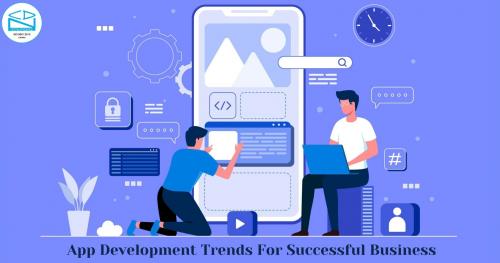
In the current digital age, a successful mobile app requires both good design and functionality. Market trends and user expectations change along with technology. Keeping up with the most recent developments in app development is essential to creating a profitable business app. We’ll look at the top app development trends in this blog article so you can keep ahead of the competition and make a successful business app. As technology evolves, so do user expectations and market trends. To build a successful business app, it’s crucial to stay abreast of the latest app development trends. In this blog post, we will explore the top app development trends that can help you create a winning business app and stay ahead of the competition.
Top Affordable App Development Trends for Successful Business Apps are Exploring Android Instant Apps, Blockchain Technology, Google Assistant/Chatbot, Flutter Development, and the Internet of Things
- Android Instant Apps:
Android Apps are a game-changer in the world of app development. They allow users to access specific app features without installing the entire app. With a single tap, users can experience the app’s core functionalities, eliminating the friction of installation. Instant Apps offer a seamless user experience, optimize storage space, and increase user engagement. By allowing users to try out an app before committing to installation, businesses can attract more users and drive app adoption.
2. Blockchain Technology:
Blockchain technology has gained significant attention across various industries, and its integration into app development offers new possibilities. Blockchain provides a decentralized and secure platform for conducting transactions and storing data. In business apps, blockchain technology can enhance security, transparency, and trust. It can be utilized for various purposes, such as decentralized finance (DeFi) apps, supply chain management systems, and digital identity verification. By leveraging blockchain, businesses can ensure data integrity, streamline processes, and enhance user confidence.
3. Google Assistant/Chatbot Integration:
Integrating Google Assistant or chatbot functionalities into business apps can greatly enhance user interactions. Voice-enabled chatbots powered by natural language processing (NLP) and machine learning technologies provide personalized assistance, quick responses, and a conversational experience. Users can perform tasks, get recommendations, and seek information through voice commands. This integration improves user engagement, customer support, and overall user satisfaction.
4. Flutter Development:
Flutter, an open-source UI framework developed by Google, has gained immense popularity for cross-platform app development. With Flutter, developers can create high-performance, visually appealing apps that run seamlessly on both Android and iOS platforms. Flutter’s hot reload feature allows for quick iteration and development, reducing time-to-market. Its rich set of pre-built widgets, customizable UI components, and expressive UI design capabilities make it a preferred choice for businesses seeking attractive and consistent app experiences across platforms.
Cross-platform app development frameworks like React Native, Flutter, and Xamarin have gained immense popularity. These frameworks allow developers to build apps that work seamlessly across multiple platforms like iOS and Android while minimizing development time and costs. By targeting a wider audience, businesses can maximize their app’s reach and user engagement.
5. Internet of Things (IoT):
The Internet of Things (IoT) has transformed the way devices and systems communicate and interact. In app development, IoT integration allows businesses to connect and control physical devices through mobile apps. IoT-enabled business apps can gather real-time data, automate processes, and provide personalized experiences. Industries such as healthcare, manufacturing, smart homes, and logistics can benefit from IoT integration. By leveraging IoT, businesses can optimize operations, improve efficiency, and deliver enhanced user experiences.




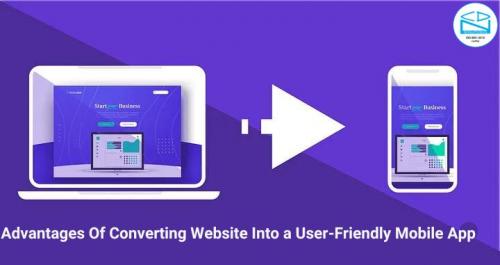

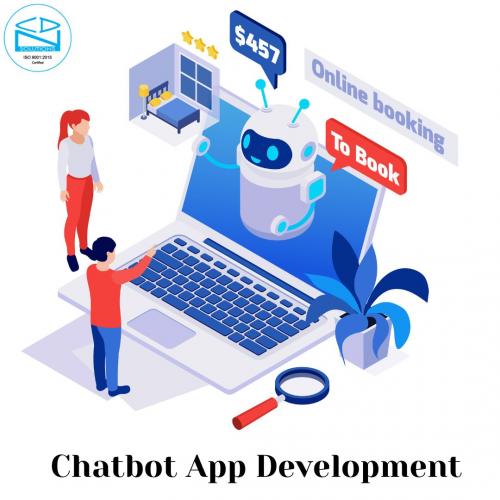
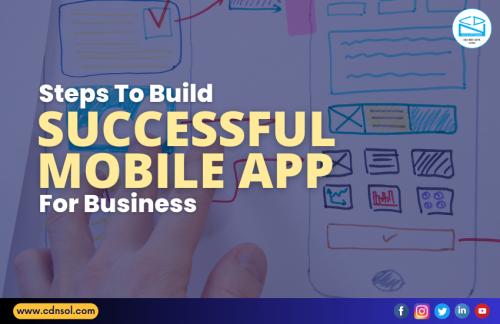
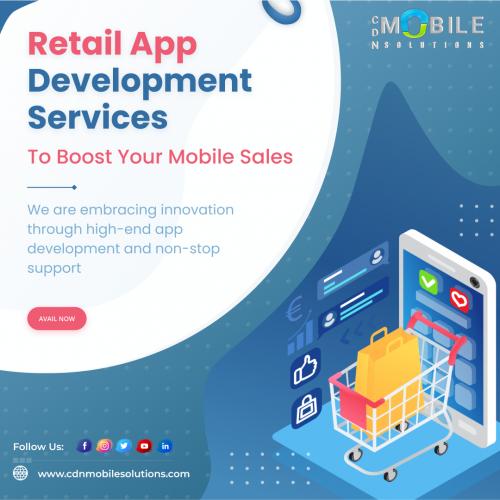
Comments